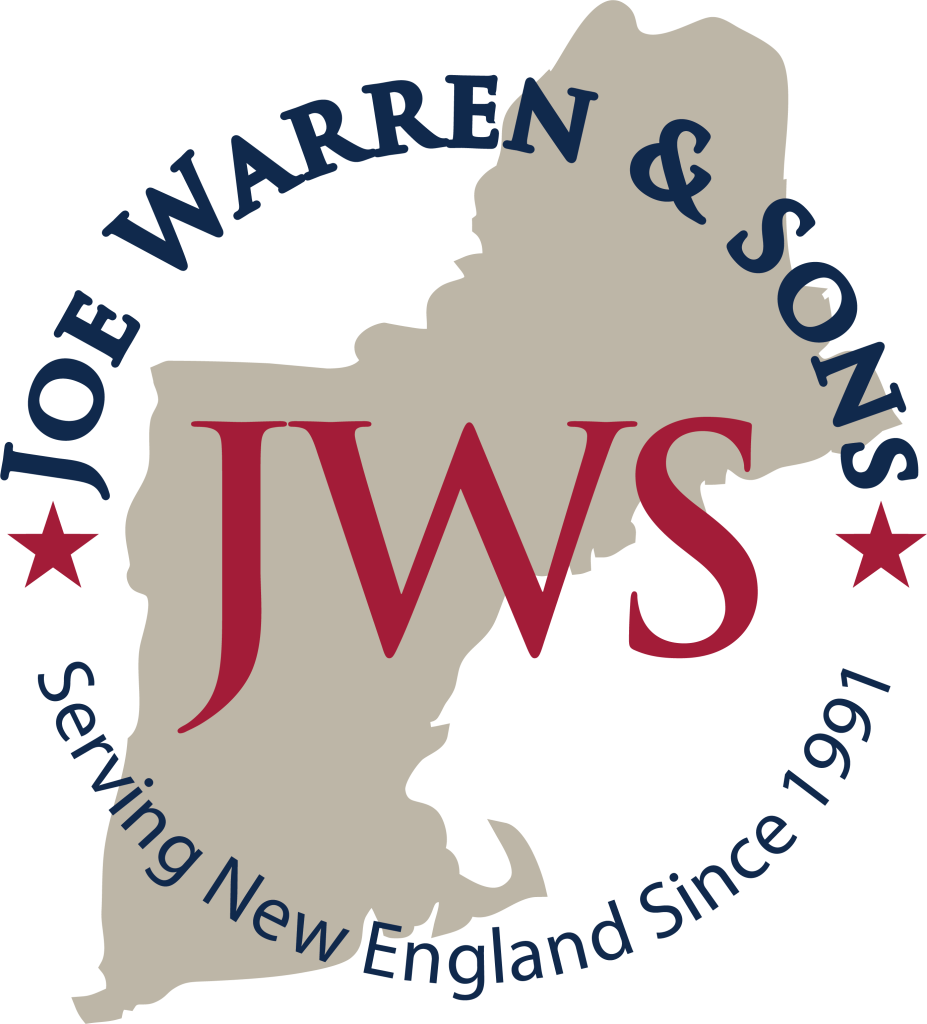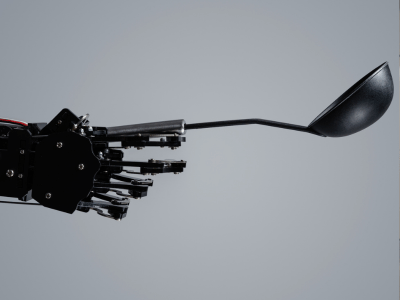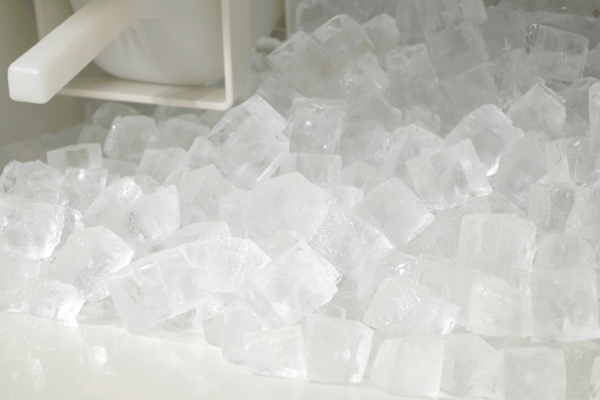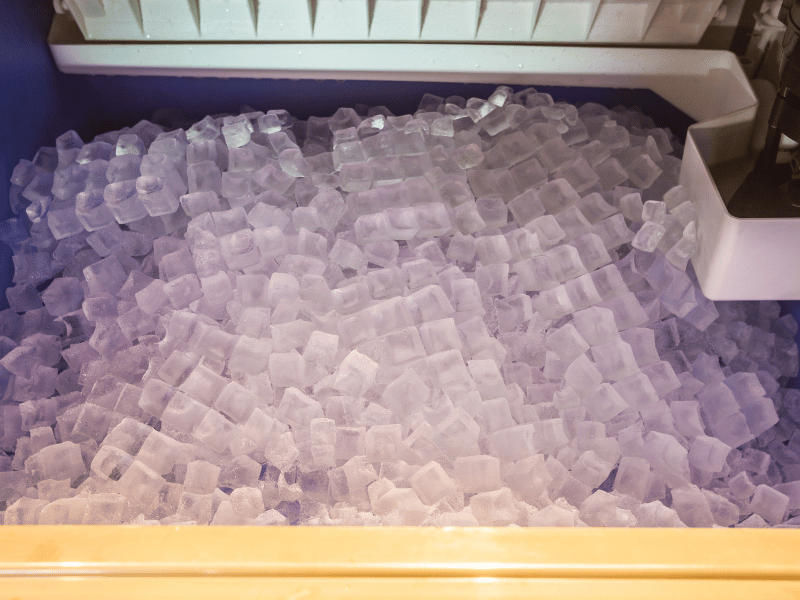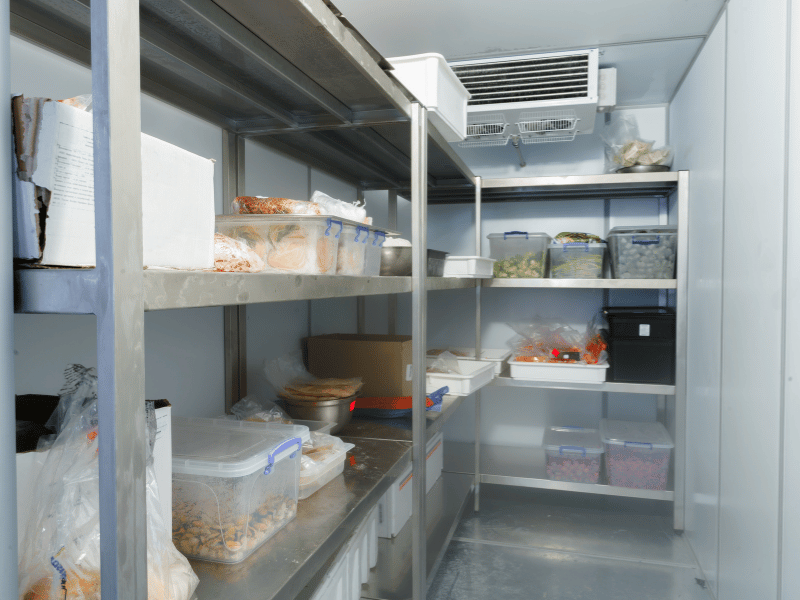In the ever-evolving world of technology, artificial intelligence (AI) is making its way into various industries, revolutionizing processes and enhancing efficiency. The food service industry, especially commercial kitchens, is no exception. With the increasing emphasis on food safety and hygiene, commercial kitchen environments are adopting AI-based solutions to maintain cleanliness and enhance food safety standards. In this blog post, we will explore the exciting applications of AI in maintaining kitchen hygiene, including automated monitoring systems, predictive analytics, and smart sanitization techniques.
Automated Monitoring Systems:
- AI-powered automated monitoring systems are transforming the way commercial kitchens manage food safety. These systems utilize sensors and cameras to monitor various parameters such as temperature, humidity, and air quality in real-time. By continuously monitoring critical conditions, these systems can alert staff members or management when anomalies occur. For instance, if a refrigerator’s temperature rises above the safe threshold, the system will send an immediate alert, allowing quick intervention to prevent food spoilage and potential health hazards.
Predictive Analytics:
- AI’s predictive analytics capabilities have significant potential in preventing food safety issues before they occur. By analyzing vast amounts of data collected from kitchen equipment, such as refrigerators, freezers, and cooking appliances, AI algorithms can identify patterns and anomalies that may indicate potential risks. These predictive models can forecast equipment failures, detect deviations in temperature or pressure, and provide early warnings for preventive maintenance. By addressing these issues proactively, kitchen operators can minimize the risk of food contamination and costly equipment breakdowns.
Smart Sanitization Techniques:
- Maintaining proper hygiene and sanitization in commercial kitchens is paramount. AI-based solutions are revolutionizing the sanitization process by providing smarter, more efficient techniques. For example, intelligent cleaning robots equipped with AI algorithms can navigate kitchen spaces, detect and remove dirt, and sanitize surfaces effectively. These robots can also be programmed to operate during off-peak hours, reducing disruption to kitchen operations. Additionally, AI-powered sanitization systems can automatically dispense cleaning solutions in precise amounts, ensuring consistent sanitation and minimizing waste.
Image Recognition for Quality Control:
- AI’s image recognition capabilities are being harnessed for quality control purposes in commercial kitchens. By using cameras and AI algorithms, images of food items can be analyzed to detect any signs of contamination, spoilage, or foreign objects. This technology helps ensure that only safe and high-quality ingredients are used in food preparation. It can also assist in identifying potential allergens or cross-contamination risks, contributing to a safer dining experience for customers.
Enhanced Workflow Optimization:
- AI-powered systems can optimize kitchen workflows to enhance food safety and hygiene. By analyzing data on order volumes, cooking times, and ingredient usage, AI algorithms can assist in streamlining kitchen operations. For instance, AI can suggest optimized cooking processes, reducing the chances of undercooked or overcooked food. AI can also identify bottlenecks in the workflow, allowing kitchen operators to make informed decisions for better resource allocation and improved overall efficiency.
By leveraging the power of AI, these businesses are ensuring safer food preparation environments, reducing the risk of foodborne illnesses, and enhancing the overall dining experience for customers. Embracing AI-based solutions is not only a smart investment in the present but also a step towards the future of food safety and hygiene in the food service industry.
